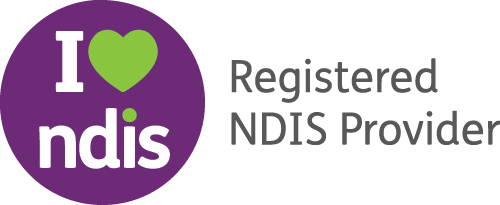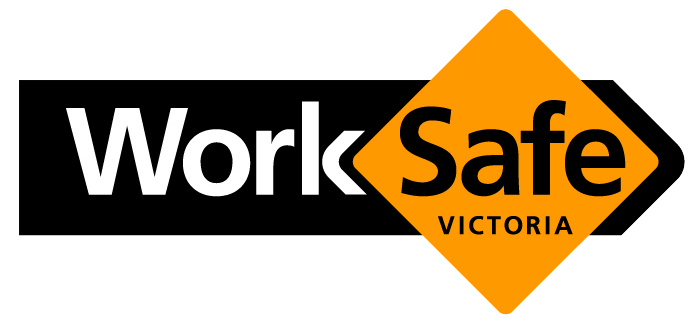Disability and Homelessness: How the NDIS Can Help (and Where It Falls Short)
Homelessness and housing instability are growing challenges across Australia, and for people living with disability, the risks are even higher. Mental health issues, limited income, accessibility barriers, and system complexity all contribute to this problem.
At Hand in Hand Support Coordination in Melbourne, we often meet participants whose housing situation is deeply linked to their disability. This blog explores what research says, how the NDIS can (and can’t) help, and what evidence can strengthen your case if you’re experiencing homelessness or at risk of it, especially across Melbourne and Victoria.
1. Why are people with disabilities more vulnerable to homelessness
People with disability are significantly more likely to experience housing instability or homelessness. Some of the main factors include:
- Lower income and financial stress: Many people with disability rely on government supports or part-time work, which often isn’t enough to meet high rental costs.
- Discrimination and accessibility barriers: Private rentals rarely meet accessibility needs, and landlords may be unwilling to make adjustments.
- Health and support complexity: Without consistent support coordination, medical and psychosocial needs can make maintaining housing difficult.
- Life changes and crises: Hospital discharge, loss of a carer, domestic violence, or mental health episodes can suddenly leave a person without stable housing.
2. What the research tells us
Recent studies and reports highlight the connection between disability and homelessness:
- Overrepresentation: The Australian Institute of Health and Welfare (AIHW) reports that people with disability are more likely to experience homelessness and are more frequently supported by Specialist Homelessness Services (SHS) than people without disability.
- Low housing outcomes: In 2022–23, only around
6% of people with disability seeking long-term housing through SHS achieved it.
- Higher risk: Research published in the International Journal of Environmental Research and Public Health found that people with disability face a significantly higher risk of homelessness compared to non-disabled populations.
- Mental health links: Mental health links: Organisations like Mind Australia have documented how mental health challenges can both lead to and worsen housing instability, creating a cycle that’s hard to break.
- Barriers to NDIS access: Studies from Western Australia show that people experiencing homelessness struggle to access NDIS supports due to complex application requirements and a lack of stable contact points.
These findings confirm what many service providers already see every day: housing instability and disability are deeply connected.
3. Can the NDIS help people experiencing homelessness?
The NDIS is not a housing program, but in certain cases, it can play a crucial supporting role.
What the NDIS can help with
- If your
housing instability is linked to your disability, the NDIS may fund supports that build capacity to live independently.
- Supports can include
Support Coordination,
Improved Living Arrangements, or
Specialist Support Coordination to connect you with housing and community services.
- The NDIS may also fund home modifications, assistive technology, or skill-building supports once housing is secured.
What the NDIS can’t do
- The NDIS
does not provide housing directly.
- It cannot fund rent, crisis accommodation, or cover general living costs.
- If housing issues are unrelated to disability (for example, purely financial or due to market shortages), NDIS support may be limited.
That said, strong evidence and the right support coordination can help link you to housing providers, advocate for SDA (Specialist Disability Accommodation) eligibility, and ensure your plan supports stability.
4. Housing and homelessness supports in Victoria
If you’re in Melbourne or regional Victoria, there are several pathways for help alongside your NDIS plan:
- Specialist Homelessness Services (SHS): Provide crisis and transitional accommodation, outreach support, and links to long-term housing.
- Specialist Disability Accommodation (SDA): Available for participants with very high housing support needs.
- Victorian Housing Pathways: The state’s coordinated access system for social and community housing.
- Integrated supports for housing stability: At Hand in Hand, we provide expert NDIS Support Coordination to help participants navigate complex housing and support systems. When appropriate, we also connect participants with trusted community services such as local housing providers or mental health agencies to ensure they receive the right combination of supports for their needs and goals.
5. What evidence helps when homelessness or housing instability affects you
When requesting NDIS supports related to housing,
evidence is critical.
You’ll need to show how your disability makes it difficult to obtain or maintain stable housing.
Helpful evidence includes:
- Letters or reports from GPs, psychologists, or allied health professionals
- Assessments showing your current housing is unsafe or unsuitable
- Documentation from homelessness or crisis support services
- Case notes describing how instability affects your daily functioning
- Proof of life changes (hospital discharge, domestic violence, loss of informal supports)
- Records of unsuccessful housing attempts or applications
A Support Coordinator or Specialist Support Coordinator can help you prepare and present this information effectively at your NDIS plan meeting or review.
7. The challenges and what needs to change
While the NDIS provides vital disability supports, several challenges remain:
- Limited affordable housing: Even with funding, many participants can’t find suitable homes.
- System silos: Disability, health, and housing sectors often don’t coordinate well.
- Access barriers: Without a fixed address or ID, people experiencing homelessness struggle to apply for NDIS or maintain communication.
- Policy gaps: The NDIS was never designed as a housing scheme, and new policies are needed to bridge this gap.
Encouragingly, homelessness is now recognised as a priority area in the National Disability Strategy, an essential step toward more integrated, long-term solutions.
8. Final thoughts: Moving forward with the right support
Homelessness is complex, but it’s not hopeless.
For people living with disability or mental health challenges,
the NDIS can be part of the solution when used alongside local housing and support services.
At Hand in Hand Support Coordination, we help participants across Melbourne and Victoria navigate these challenges with experience, compassion, and strong advocacy. From gathering evidence to connecting with housing providers and managing your NDIS plan we’re here to help.
Need Support Coordination That Puts You First?
Call 1800 841 144. Let’s work together to build stability, independence, and hope, hand in hand.

We hope this blog was useful.
Hand in Hand Support Coordination specialises in personalised NDIS Support Coordination for participants with complex mental health and physical disabilities across Melbourne and Victoria, focusing on Level 2 and 3 support to create tailored support that aligns with goals and budget.




